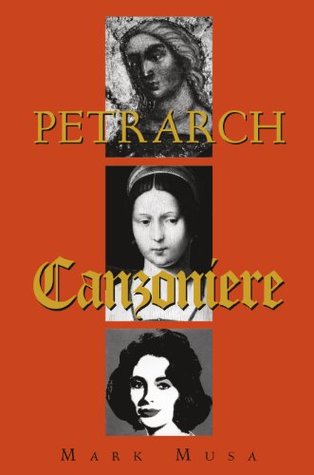Kindle Notes & Highlights
Started reading
May 9, 2018
And so, to LAUd and to REvere the word itself instructs whenever someone calls you,
as he against my will rides me to death,
Gluttony, sleep, pillows of idleness,
Comparing the birth of Laura with the coming of Christ has seemed to some the epitome of pride, even a sacrilege. For whatever reason, Petrarch here yokes pride and humility together in somewhat the same way that he imposed love and war on the compassion of Good Friday in 3.5–6.


